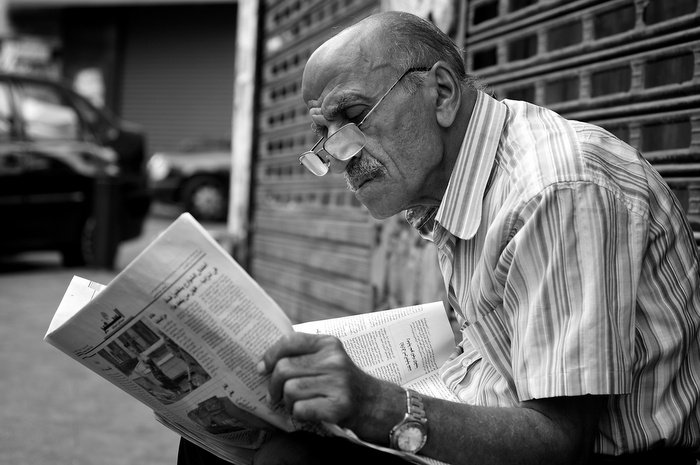On your mind: Message plays second fiddle to messenger

PHUKET: I first became skeptical about the print media 20 years ago when my family (wife, son, and daughter) were returning to the United States from a trip to Peru. We flew out of Lima and arrived in Houston, Texas, where I picked up a copy of that day’s New York Times, which included a story about political unrest in Peru.
Reading the story, which sounded an alarm about a serious political protest in the capital city, I was struck by how at odds the report was with what I had actually seen and learned in that country. The protest I had seen in Lima was a small orderly affair and few of the people with whom I had spoken in Peru seemed much concerned with the current government there.
What I realized upon reading the overblown Times story was that the reporter – likely the only foreign US correspondent covering matters in Peru – had needed to pump up the story in order to get it published. What I had seen and learned in Lima was certainly not newsworthy, at least not on an international scale.
When I lived in China for three years (2009-2012), I frequently wrote commentaries for the
English-language newspapers the Global Times and China Daily. In addition, I authored an award-
winning web column for China Daily for a year. Unlike some Western journalists, I generally felt that the Chinese press treated many subjects fairly and objectively, albeit with glaring blind spots and ‘off limits’ topics.
Now that I have lived in Thailand for a couple of years, I still peruse Chinese sources, particularly for news about Thailand.
It was disappointing to read an op-ed recently in the Global Times, ‘US interference in Thailand leaves country in mess and hinders change,’ (March 10) that exaggerates US influence here.
While it is true that a US State department official recently criticized the current military government for its slow movement in implementing its promise of democracy here, it’s hardly the case that the country has been left in a mess or even that the comments will hinder change.
The Global Times op-ed headline, like the story I read many years ago in The New York Times, simply misrepresented what was happening, likely as a way to attract and provoke readers.
But China’s media has a more endemic problem than an occasional inflated headline. Because the media is an arm of the government, it cannot call that government to task. Nearly as damaging as that disability is the perception that the Chinese media never acts independently and that even op-eds represent the government’s official position.
For example, four years ago, the American magazine The Atlantic accused the Global Times of launching a propaganda war against a small Maine town based on an op-ed that cautioned Chinese parents to think twice about sending their children to a public high school in Maine at a cost of US$24,000 (798,900 baht) per year. The Atlantic accused the newspaper of serving “as a regime tool to flatter the Communist Party and to assail its enemies.”
In response to The Atlantic criticism of the Global Times, an editor at that newspaper wrote that his newspaper had chosen to publish the freelance submission “because we thought it was interesting, like virtually all of our original English-language opinion pieces. It had nothing to do with any political agenda.”
The op-ed, which I had written, was the same type of advice I would have given as a former public high school teacher to anyone living outside the US considering sending a child to that Maine school.
I had done some background research on the school and it was a run-of-the-mill school trying to bolster sagging enrollments and financial difficulties with a clever overseas recruitment strategy.
I’m pretty sure I wasn’t the victim of a subliminal brainwashing scheme intended to inculcate socialist values in the masses, but, unfortunately, sometimes the message plays second fiddle to the messenger.
— Patrick Mattimore
Latest Thailand News
Follow The Thaiger on Google News:


























